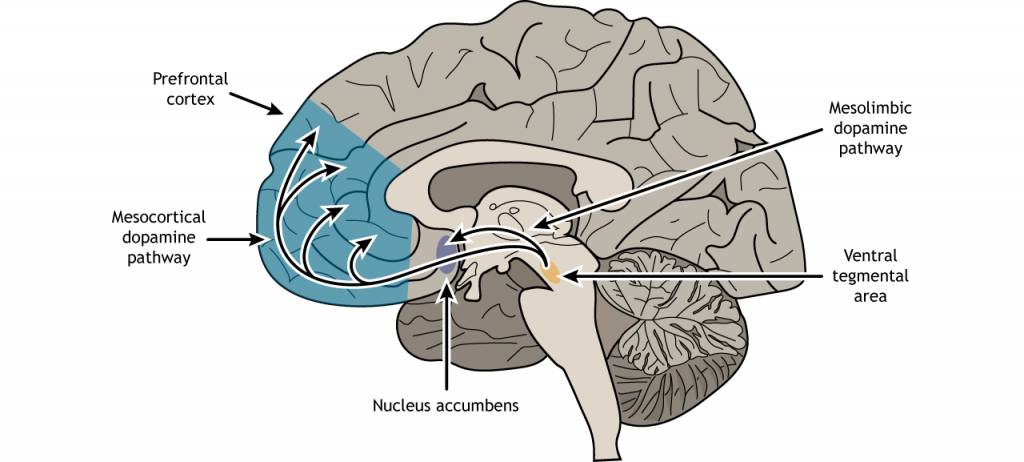Introduction
Picture yourself at a carnival, pulling the lever on a slot machine. The reels spin — cherry, cherry…lemon. So close! Your heart leaps and sinks almost at the same time. Instead of discouraging you, the near win makes you want to try again. Why do these near misses feel so intense? Why do they sometimes motivate us to keep going, and other times make us give up completely?
Welcome to the weird world of the near-miss effect, where psychology and neuroscience meet chance.
Read More- Sleep and Mental Health
The Near-Miss Effect
First described in behavioral psychology, a near miss happens when you almost succeed — but don’t quite make it. The experience of being tantalizingly close to a goal can evoke powerful emotional responses. Unlike a clear loss, near misses seem to send a signal that victory is within reach.

Researchers studying gambling have shown that near misses strongly activate brain areas involved in reward processing, such as the striatum and insula, even though the player doesn’t win anything (Clark et al., 2009). This dopamine-driven surge can lead us to chase the win harder.
Slot Machines and the Near-Miss Trap
Modern slot machines are carefully engineered to use near misses. The reels might show two identical symbols and the third symbol stopping just one tick away. Studies found players experiencing near misses were more likely to keep playing, compared to those who simply lost outright (Dixon et al., 2013).
It’s so effective that it’s almost like the machine is rewarding failure. A near miss convinces our brains that success is imminent — but statistically, each spin is independent. You’re no more likely to win after a near miss than after a complete loss. Yet emotionally, it feels like you’re getting warmer.
Near Misses as Motivation
Not all near misses are bad news. In contexts like sports or academics, a near miss can inspire people to train harder or study more.
Imagine a runner who misses qualifying for the finals by 0.1 seconds. That sting can light a motivational fire. A 2012 study by Medvec and colleagues found athletes who finished fourth (just off the podium) often experienced higher motivation than those finishing in fifth or lower — the pain of being close but not quite there drove them to improve.

Near Misses and Gambling Addiction
But in gambling and games of chance, near misses can exploit a vulnerability. They give a false sense of control — you feel you were almost there because of your skill, but in reality, outcomes are random.
Research has linked near misses in gambling to problem gambling behaviors. Gamblers prone to addiction show stronger brain responses to near misses, suggesting a neurological sensitivity that may make them more likely to chase losses (Habib & Dixon, 2010).
Near Misses in Everyday Life
Near misses aren’t limited to casinos or competitive sports. Ever miss a bus by a few seconds? That intense frustration is a near miss. Or nearly getting a promotion? The emotional spike of being so close can affect self-esteem and future decisions.
In dating, job hunting, or creative pursuits, near misses can create cycles of renewed effort — or deep discouragement if they happen repeatedly without payoff.
Why Our Brains Fall for It
Humans are pattern seekers. When we almost succeed, our brains interpret that “almost” as meaningful information — as if the universe is telling us we’re on the right track. Evolutionarily, this may have helped our ancestors persist in tasks like hunting or solving problems.
Neuroimaging studies show near misses light up reward pathways similar to actual wins, but with a twist: they also activate areas associated with conflict and frustration. This cocktail of excitement and disappointment is a powerful emotional driver.

How to Make Near Misses Work for You
Near misses can be harnessed positively:
- Use them for feedback: If you almost got a job offer or academic goal, analyze what small improvements could get you there.
- Avoid false signals in luck-based activities: In gambling or chance-based games, remember near misses don’t increase your odds.
- Reframe the experience: See near misses as proof you’re capable and close to succeeding — not as evidence of failure.
Conclusion
Near misses are emotionally intense, neurologically fascinating, and, depending on the context, either deeply motivating or dangerously addictive. By understanding how they work, we can avoid falling into traps — and learn to channel the frustration of being so close into fuel for real progress.
References
Clark, L., Lawrence, A. J., Astley-Jones, F., & Gray, N. (2009). Gambling near-misses enhance motivation to gamble and recruit win-related brain circuitry. Neuron, 61(3), 481–490.
Dixon, M. J., Harrigan, K. A., Sandhu, R., Collins, K., & Fugelsang, J. A. (2013). Losses disguised as wins in modern multi-line video slot machines. Addiction, 109(12), 1992–1999.
Habib, R., & Dixon, M. J. (2010). Neurobehavioral evidence for the “near-miss” effect in pathological gamblers. Journal of Neuroscience, 30(18), 6180–6187.
Medvec, V. H., Madey, S. F., & Gilovich, T. (2012). When less is more: Counterfactual thinking and satisfaction among Olympic medalists. Journal of Personality and Social Psychology, 69(4), 603–610.
Subscribe to PsychUniverse
Get the latest updates and insights.
Join 3,045 other subscribers!
Niwlikar, B. A. (2025, July 4). The Thrill of Near Misses and 3 Important Ways to Make It Work For You. PsychUniverse. https://psychuniverse.com/the-thrill-of-near-misses/



